Born in Grand Forks, North Dakota in 1952, Rob Mitchell studied at the University of North Dakota before going to Oxford to read for a second undergraduate degree in PPE (philosophy, politics and economics). After Oxford, Mitchell attended Yale Law School before beginning his legal career with K&L Gates in Seattle, where he is now a partner. Alongside his legal work, Mitchell served for over 20 years on Rhodes Scholarship selection committees and as regional secretary for district 14 (covering Alaska, Idaho, Montana, Oregon and Washington). He introduced valuable innovations to the selection process, making great strides to open up and diversify the Scholarship. This narrative is excerpted and edited from an interview with the Rhodes Trust on 11 June 2024.
Rob Mitchell
North Dakota & Merton 1974
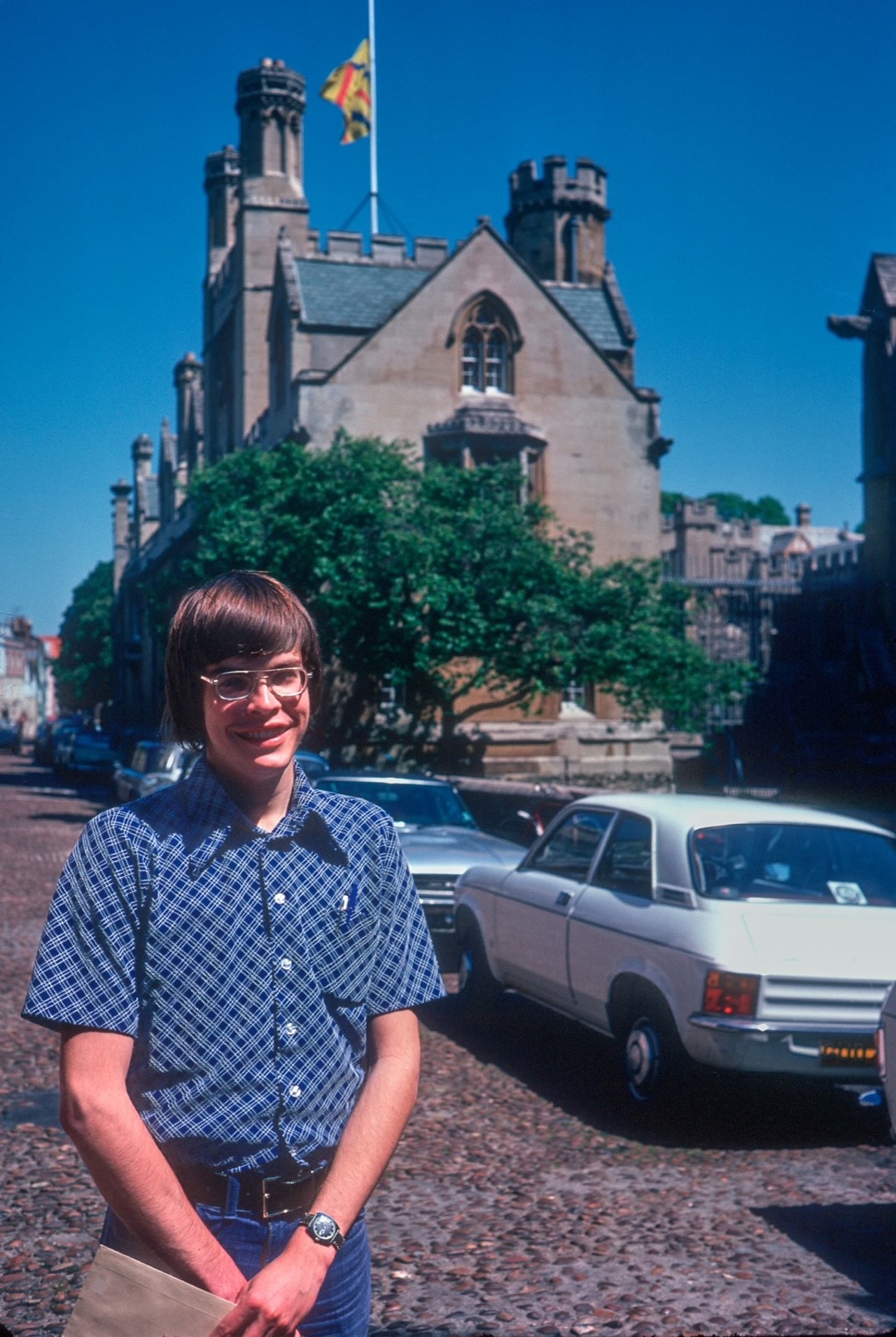
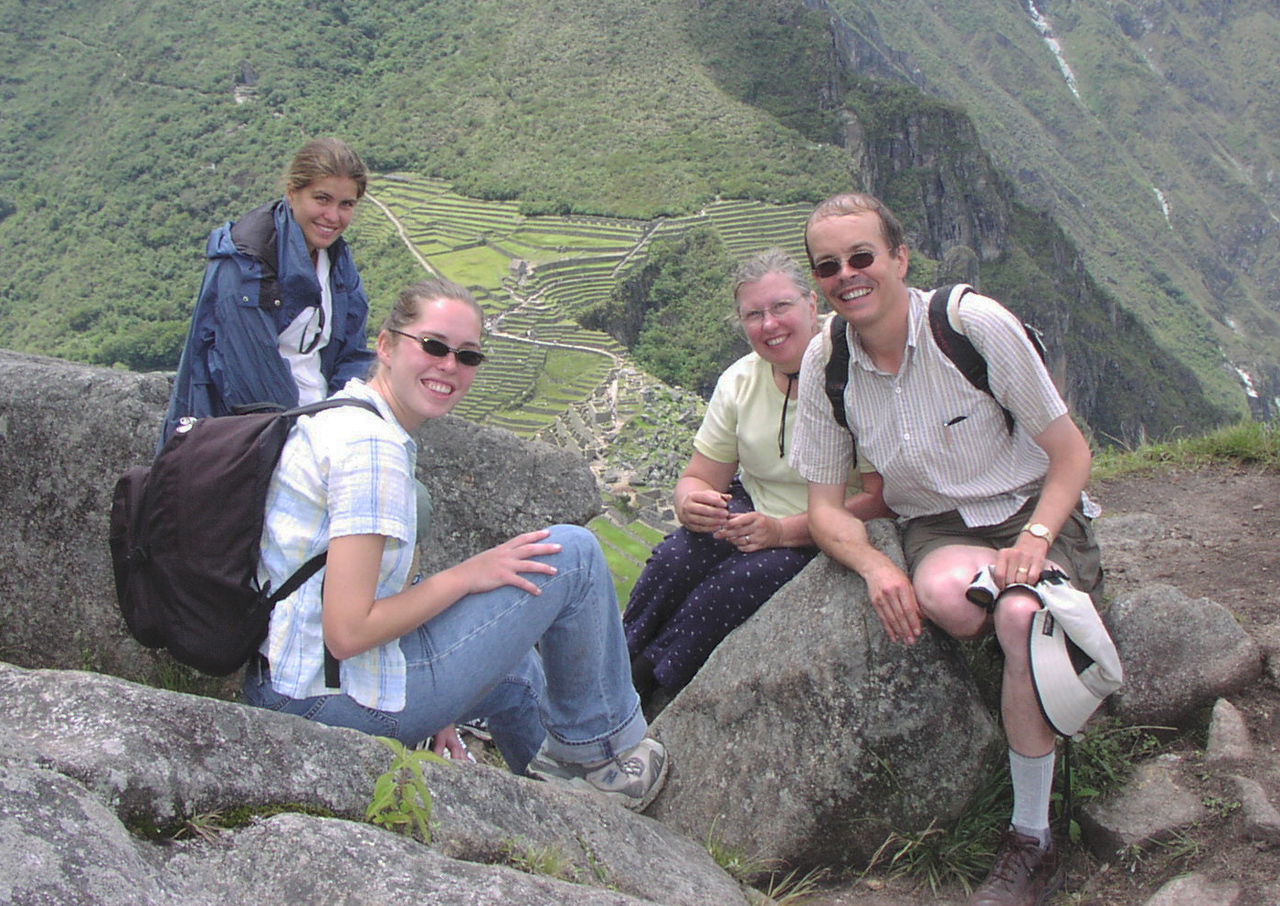
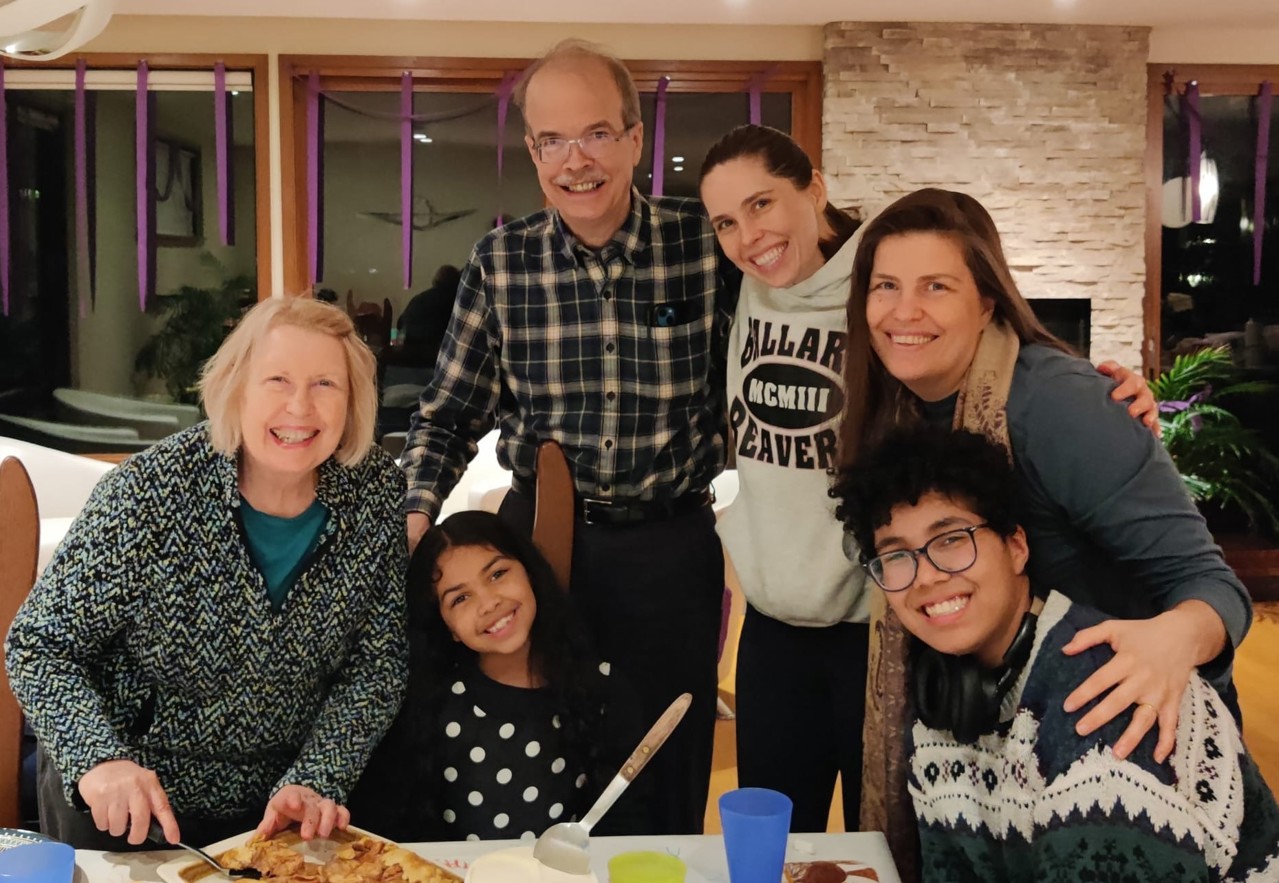
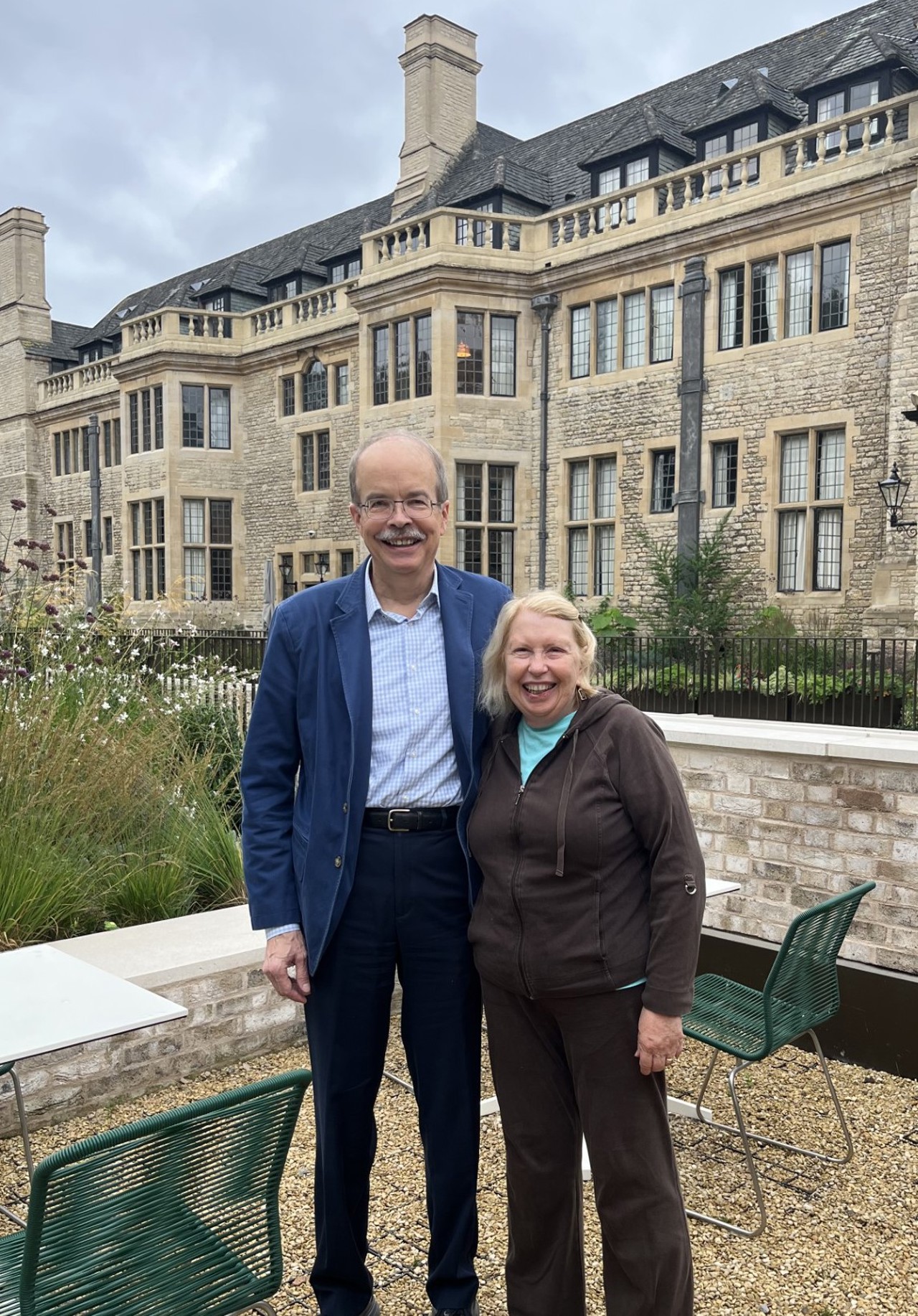
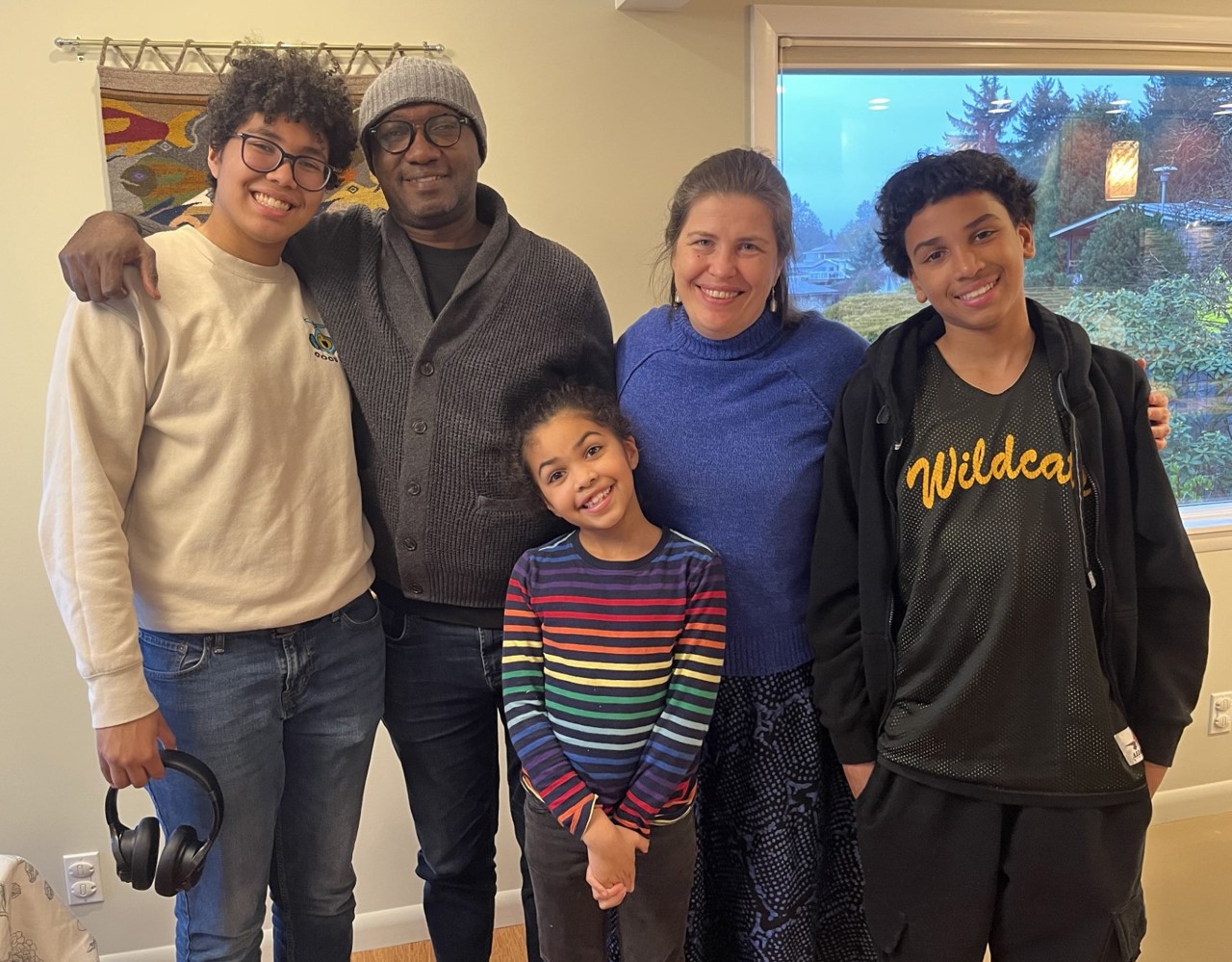
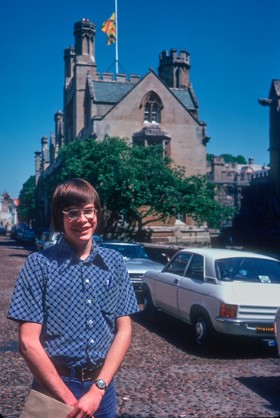
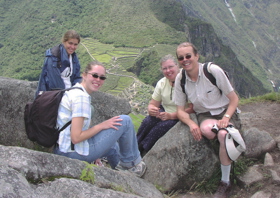
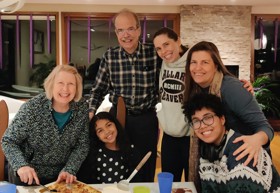
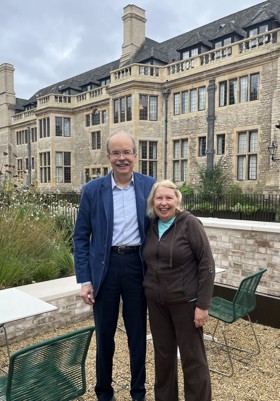
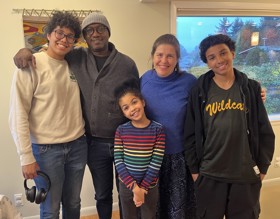
On growing up a ‘first class nerd’ in a farming family
I grew up outside Crystal, North Dakota, in a farming family. My father was of Scots Irish and Norwegian heritage; my maternal grandmother’s family had immigrated from Iceland to North Dakota by way of Glasgow, Nova Scotia, and Manitoba. That part of North Dakota was an interesting smorgasbord of immigrant communities: German, Irish, Polish, Norwegian, Icelandic, and Czech.
My parents instilled in me from a young age the value of education. My father had been valedictorian of his high school class and very much wanted to go to college and become a doctor, but there was no money for that, and he had to stay and help his parents on the farm, which is where he remained his entire life. My mother was something of an adventurer. During the Second World War, she moved to Washington, DC and worked in cryptography. After the war, she worked on a newspaper, then came back to North Dakota to finish her bachelor’s degree and resume teaching.
At school, I would say I was a first-class nerd, and probably more bookish than most of my peers. I loved science and used to think I would go into engineering. I even won a prize in a science competition that meant I got to spend a week with the Navy. Outside academic work, I enjoyed music. I was in band and played percussion instruments and piano. I remember buying a second-hand marimba, which I used to play at basketball games as part of our high school pep band. It certainly got uniqueness points!
But much of the year, a lot of my effort was focused on farming. The farm I grew up on was primarily given over to small grains and potatoes. The soil was rich, but the vicissitudes of weather were challenging, and there were good years and bad years.
On applying for the Rhodes Scholarship
By the time I was in college, I decided I wanted to go to law school, but I also envisioned myself carrying on farming. I had a mythical view of college before I got there. I assumed that the teachers would be so dedicated to learning that they would lead quasi-monastic lives. Taking part in student and university government soon disabused me of that notion, but I had a great time at University of North Dakota. I was in the Honours Program, and I focused on social sciences, with a double major in sociology and political science and a minor in German.
I had a lot of encouragement from my professors, including the dean of arts and sciences and his wife, who taught in the law school. I think they viewed me as an interesting project. One of my professors in political science was also very supportive, and he and his wife took a real interest in their students and would invite us to their home. Those were the people who suggested I should apply for the Rhodes Scholarship, along with other postgraduate fellowships. By the time I attended the interviews for the Rhodes Scholarship, I had decided that I would indeed go to law school. Part of my thinking was influenced by the Watergate years, and one of the things I did while I was working on the farm was to modify a pair of ear protectors by inserting small speakers and linking them to a transistor radio. That meant I was able to listen to the Watergate hearings while I was cultivating potatoes. I had a pretty romantic version of what law and lawyers could do. But I also told the interviewers about my interest in farming. I think that was a curiosity to them, and not a career aspiration shared by many applicants.
‘The experience was about personal enrichment’
Oxford was the pinnacle of my academic experience, and it really spoiled me for law school and pretty much everything else. I loved getting the chance to delve into a particular topic and read deeply about it and then try to synthesise ideas and so forth, so the tutorial system was ideally suited to my interests and my way of working. I describe the tutorial system as a hugely inefficient educational process that is extraordinarily beneficial to the people who are fortunate enough to receive that experience. I remember my tutors with real fondness.
The chance to meet fascinating people from the UK and around the world was also memorable, and quite different from my undergraduate experience at UND. College life in Oxford gave me the chance to have close relationships with people in a relatively small environment. I also had lots of opportunities to travel with friends, including a bike tour of Ireland and a trip to Norway one Christmas, as well seeing other parts of England. And then, like quite a lot of my contemporaries, I got married at the end of my first year (we weren’t allowed to be married during our first year), and Oxford was a beautiful setting in which to spend the first year of married life.
It’s inconceivable for me to think back on my life and try to figure out what might have been if I had not had the opportunity given to me by the Rhodes Scholarship. Partly, of course, that’s about the credential. But aside from that, for me, the experience was about personal enrichment and learning from people of extraordinary ability and diverse gifts. It was a transformative experience, both educationally and personally, and one for which I will be always grateful.
‘A wonderful place to become established’
After Oxford, I went on to Yale Law School, where I enjoyed being taught by very talented professors, including Guido Calabresi (Connecticut & Magdalen 1953), also a Rhodes Scholar. I found that the skills I’d learned in synthesising ideas and learning to express them clearly through the tutorial system at Oxford helped to develop my interest in legal writing. When it came time to interview with law firms, I knew I didn’t want to stay on the East Coast. It was my wife, Grayce, who suggested I look at Seattle, where she had done some of her nursing training. I think I am blessed with an extraordinarily strong streak of luck, to which I ascribe both winning the Rhodes Scholarship and marrying Grayce, and it struck again when I was hired by a law firm now known as K&L Gates. I joined in 1980 after completing a judicial clerkship, and it’s the firm I’m still with today. It was a wonderful place to become established, to be inspired, and to work.
As they say, law is a jealous mistress, and if you’re going to do anything well, it’s going to take a lot of time. That’s particularly true in large-scale, intense cases, of which I’ve had my share. I discovered early on that it’s easier to disappoint people who love you than people who don’t, who view you in transactional terms, and you must fight against the tendency to please the people who are more demanding at the expense of the people who are more understanding. I’m not sure that I always did that, but I at least recognised that as an issue. We did tag-team parenting of our two daughters in the early years, with Grayce carrying the flag during the week. Then she would work weekends and nights, and I would take over and try to muster enough energy to give the kids the attention they needed.
On giving back as Regional Secretary of Selection
Alongside my legal career – and tag-team parenting with Grayce, too – I’ve also very much enjoyed being involved in the selection of candidates for the Rhodes Scholarship. Steve Crown (Washington & Queen’s 1980) recruited me to serve on the state selection committee, and I went on to become secretary. Then, in 2005, when Elliot Gerson (Connecticut & Magdalen 1974) was American secretary, he began to implement changes to the structure for selection to even out disparities across states. I was very fortunate to work with Elliot on the implementation of that new structure and to reflect on how we could make it work best.
As somebody who came from my kind of background, I was especially keen to ensure that no applicants were put off by anything in the selection procedures. For example, we changed the traditional cocktail reception (which would have been foreign indeed to me growing up) to a lunch. It was also very important to all of us that we encourage schools throughout the region to send their brightest and best. We made sure to interview as many people as possible, casting the net a bit wider and devoting a day and a half to the interviews.
The quality of applicants that we see these days is extraordinary. I hope we can continue to encourage even more people to apply and have that wonderful gift of studying at Oxford. The kinds of people who become Rhodes Scholars today are addressing global problems with global solutions. I’m confident that the environment at Oxford, where you have the chance to think broadly and deeply, alongside developing friendships that have a lifetime of value, will give today’s Scholars and the Scholars of tomorrow the tools to take the collective action we all need.
